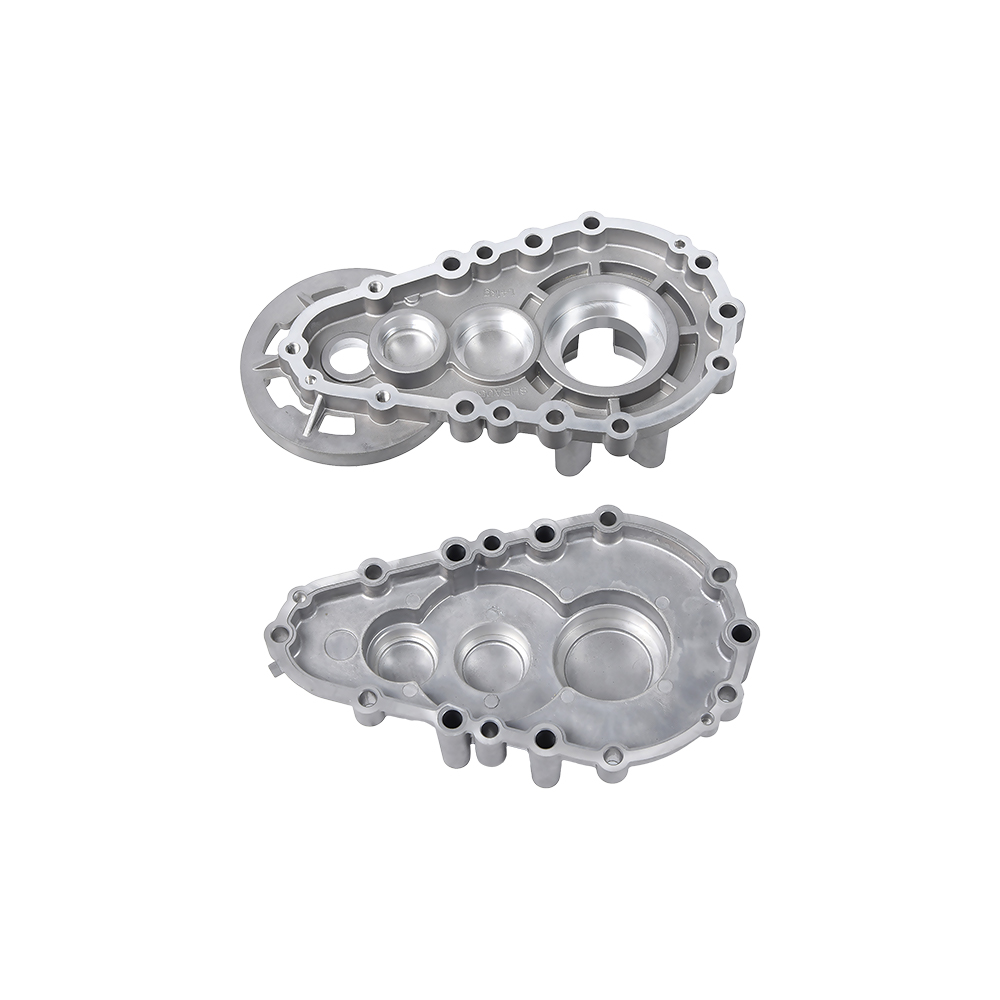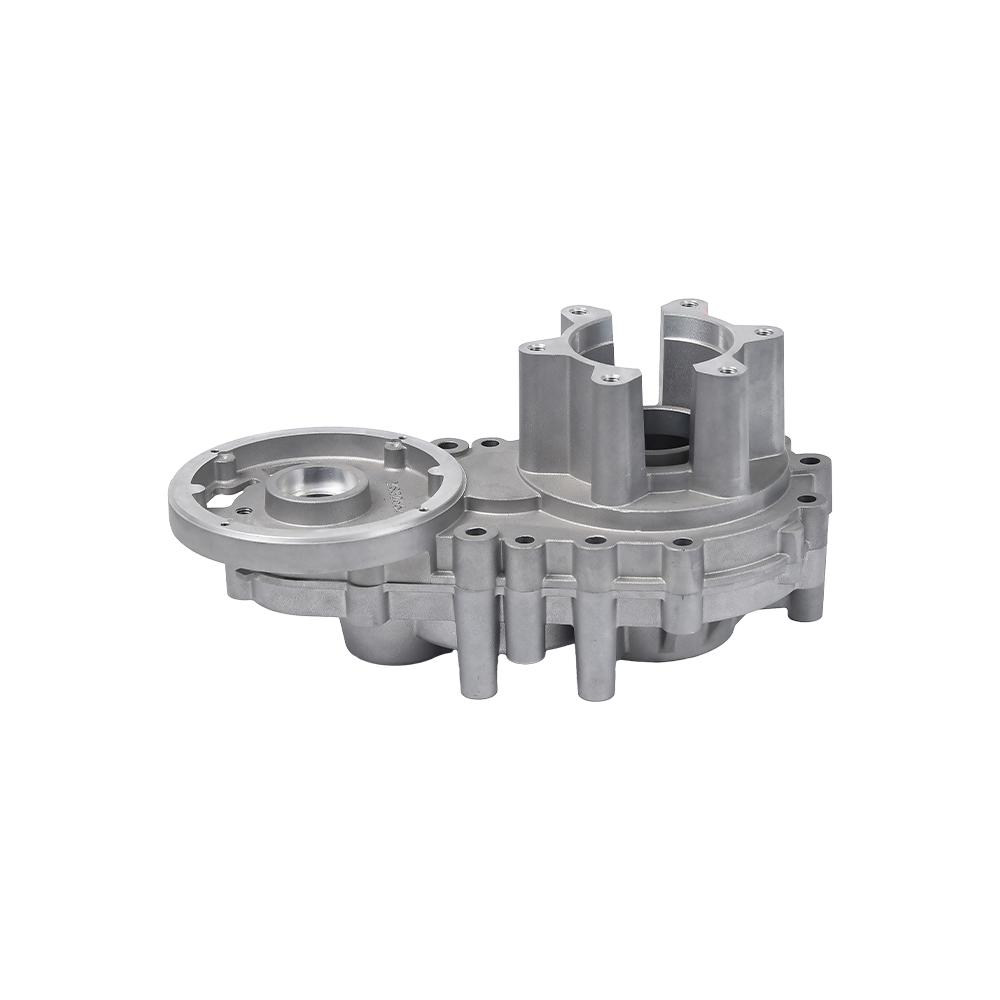Aluminum alloy, as a popular material in the field of low-pressure casting, is known for its low density, high strength and good thermal conductivity. In the manufacturing of smart home series accessories
, aluminum alloy can not only effectively reduce the overall weight of the product and improve portability, but its good fluidity ensures even filling even in complex cavity structures, reducing pores and shrinkage. Loose and other defects. At the same time, the corrosion resistance and processability of aluminum alloy also facilitate subsequent spraying, machining and other processes, further improving the aesthetics and durability of the product.
In addition to aluminum alloys, zinc alloys are also one of the commonly used materials in low-pressure casting. Zinc alloys have a lower melting point, which means less energy is required during the casting process, helping to save energy and reduce emissions. At the same time, zinc alloy has excellent fluidity and can easily handle the small and complex structures in smart home accessories. In addition, zinc alloy also has good casting properties and mechanical properties, making the final product both beautiful and practical.
As another high-performance material, magnesium alloy is also popular in the field of low-pressure casting. The density of magnesium alloy is much lower than that of aluminum alloy, but it has comparable strength, making it an ideal choice for manufacturing lightweight smart home accessories. Its excellent fluidity and formability enable magnesium alloy castings to accurately replicate design details and meet the requirements of high precision and high surface quality. However, the casting process of magnesium alloys requires more stringent process control to ensure its stability and safety.
When selecting low-pressure casting materials, factors such as cost, environmental protection, and sustainability need to be comprehensively considered. As the smart home market continues to expand and consumers increasingly pursue product quality, manufacturers are increasingly inclined to use materials that can both meet performance requirements and comply with environmental standards. Therefore, high-quality materials such as aluminum alloys, zinc alloys and magnesium alloys play an important role in low-pressure casting of smart home accessories and continue to drive innovative development in this field.
Material selection during the low-pressure casting process is key to ensuring the quality of smart home accessories. By continuously optimizing material formulas and casting processes, manufacturers can produce more exquisite, durable, and environmentally friendly smart home accessories to satisfy consumers' yearning for a better life.

 English
English русский
русский Español
Español










